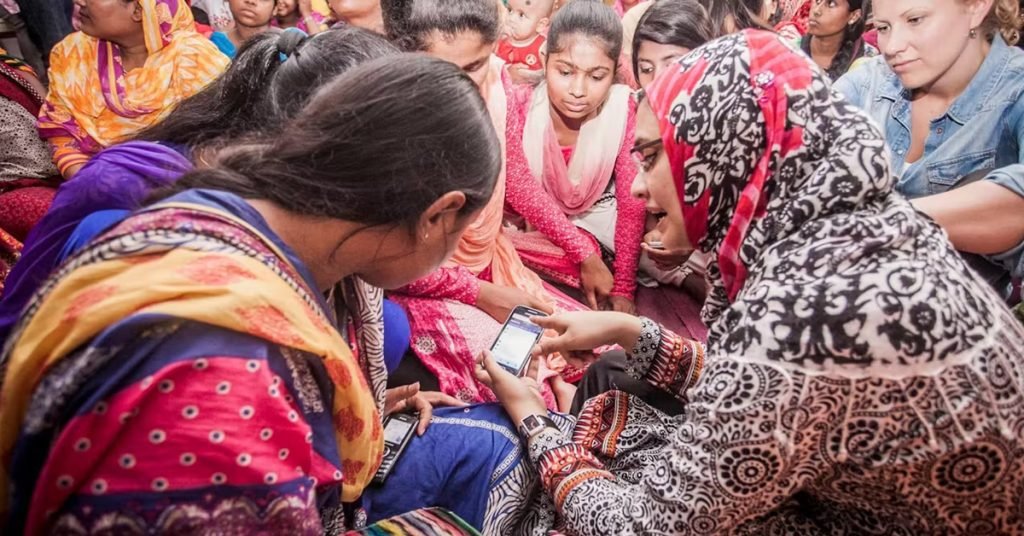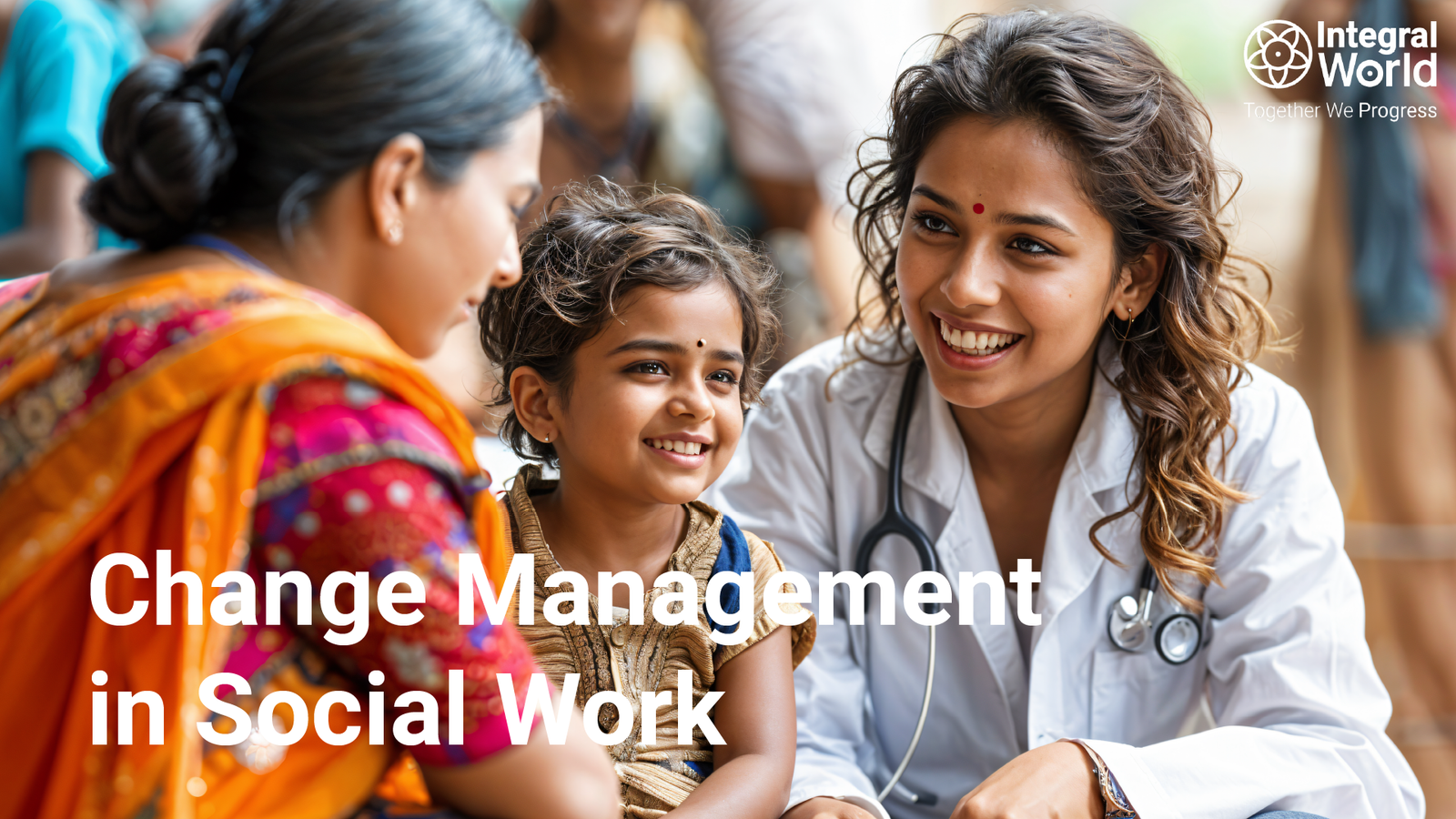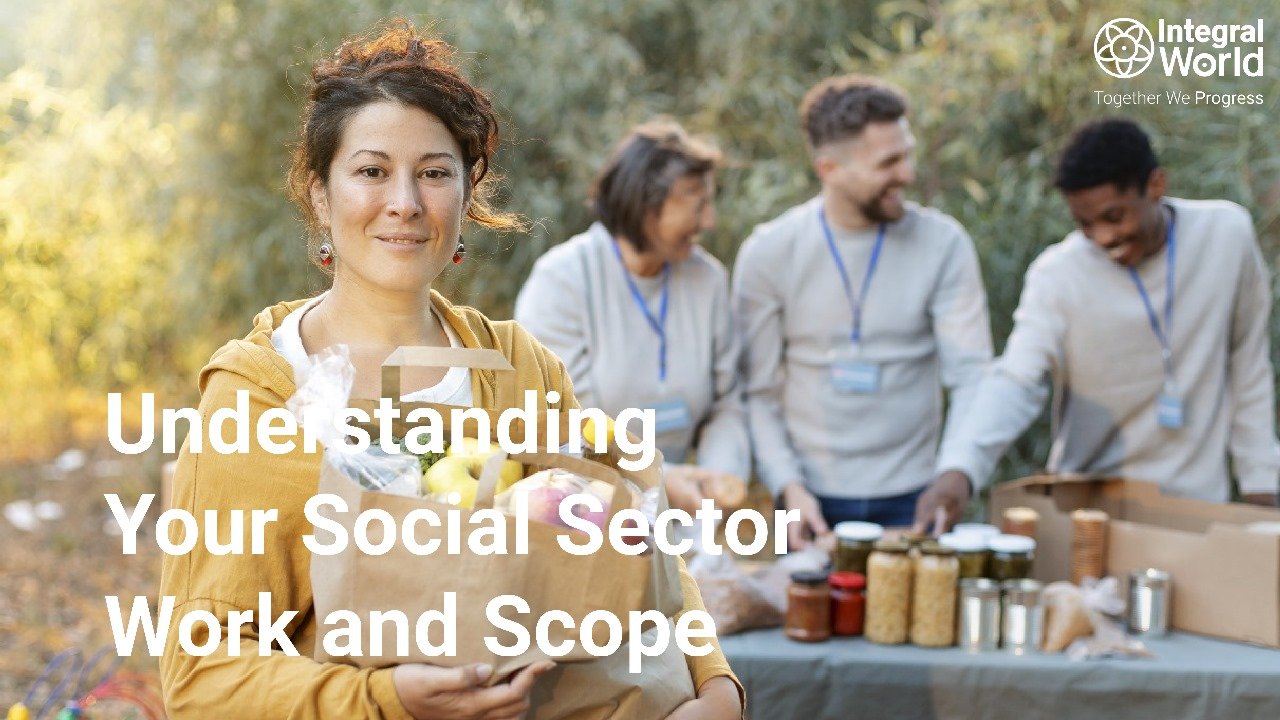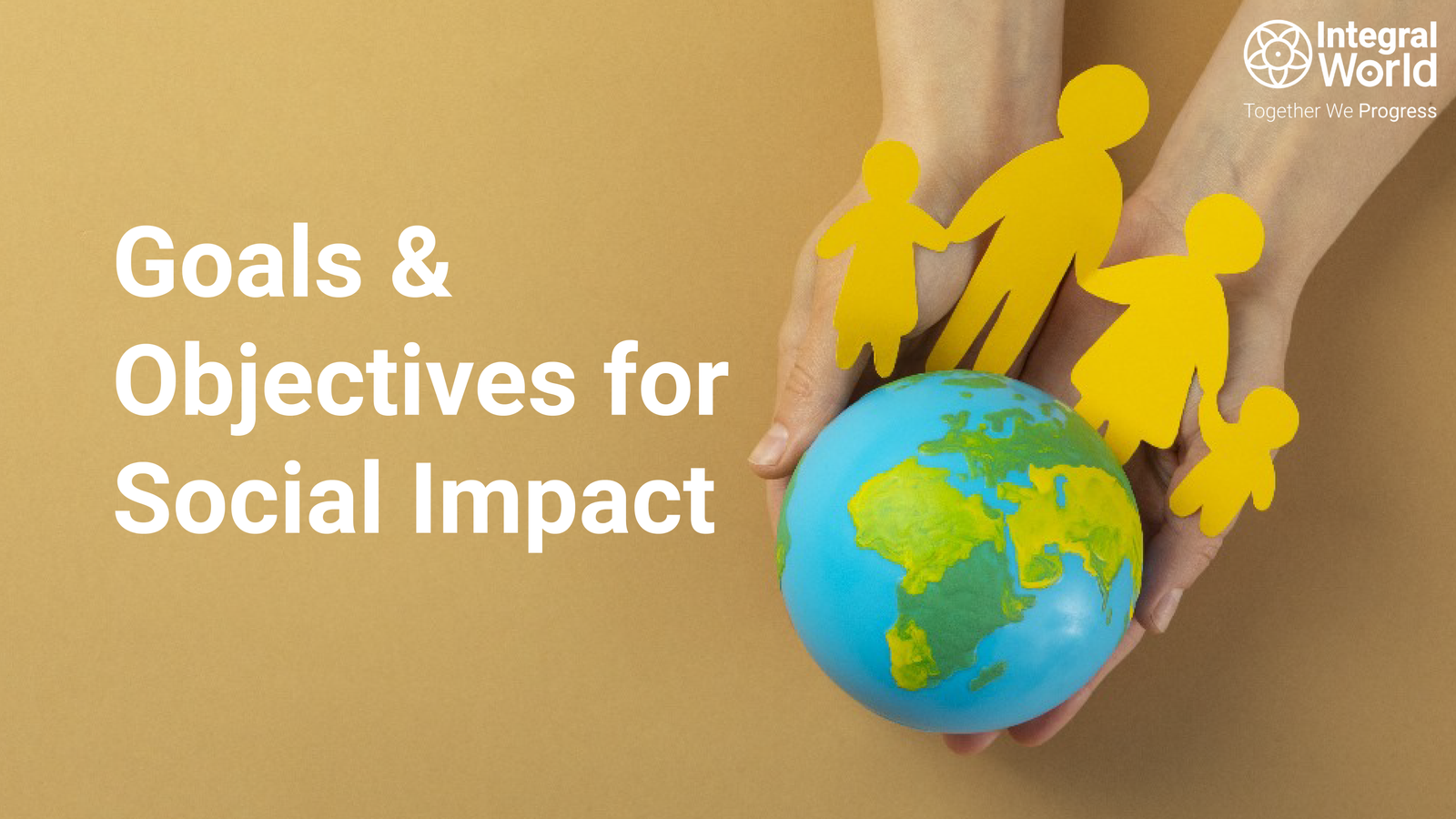Social work change management does not mean merely implementing new programs; it involves a complex process of onboarding, resilience nurturing, and carrying out sustainable initiatives. We understand the importance of effective change management to promote social causes and holistic development at Integral World.
This article provides organizations with insights from experts and various theories that will enable them to effectively navigate through changes.
Change management in social work is about shifting individuals, teams, and organizations systematically from current states to future desired outcomes. It encompasses planning for, implementing, and ensuring lasting changes in order to decrease resistance while increasing support within organizational settings as they move towards achieving their goals.
Theories of Change Management
Lewin’s Change Management Model
Lewin’s model puts forward three stages of change: freezing (preparation for changes), moving (propagation of novelty) and unfreezing (entrenchment). This is employed by organizations to create an enabling environment for change that can stay throughout time.
Kotter’s 8-Step Change Model
Kotter’s model provides a structured approach to directing transformation including steps such as creating urgency for change, establishing powerful coalitions or embedding organizational culture adjustments. The significance here lies in the leadership roles that are essential while undertaking these activities.
Key Principles for Effective Change Management
Engage Stakeholders Early and Often
Have your stakeholders participate from conception to implementation phases of change-oriented projects. Actively seek input, address concerns transparently, and ensure support throughout your change management efforts.
Communicate Clearly and Consistently
Diverse communication channels should be employed while transmitting the objectives of transformations, their advantages and anticipations of such changes. Message customization is vital and should be done in relation to different target groups with feedback mechanisms available.
Foster a Culture of Adaptability
Encourage flexibility, innovation and perpetual learning as drivers of organizational resilience. Empower personnel to perceive change as an occasion for personal development.
Actionable Tips for NGOs and Organizations

Assess Readiness for Change
Perform readiness appraisals to determine an organization’s preparation levels towards any future shifts expected therein including potential obstacles that may come along with them; this will help you align your strategies accordingly so as to avoid resistance.
Build Change Leadership Capabilities
Develop leadership training programs which enable managers or executives to gain expertise in change management, conflict resolution or even decision-making in conditions characterized by uncertainty.
Monitor and Evaluate Change Initiatives
Put strong monitoring frameworks as well as evaluation measures in place that can help us gauge success rate, impact achieved so far, make decisions about necessary shifts in strategies based on findings made.
Conclusion
Change management within social work is both an art and science; it requires empathy, foresight, persistence among other things. For organizations that follow these theories, applying practical methods illustrated by case studies can lead them through successfully maneuvering around transitions resulting in sustainable outcomes across societies.
Please contact Integral World today to learn how our expertise in change management can help your organization achieve its mission and create genuine social impact.
“The best way to predict the future is to create it.” – Peter Drucker





